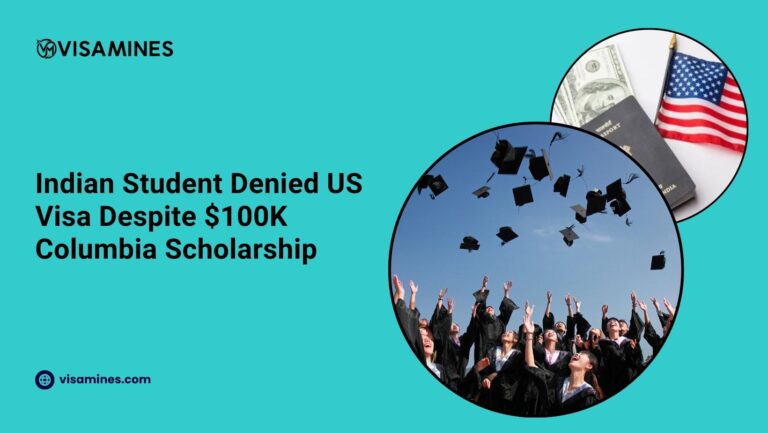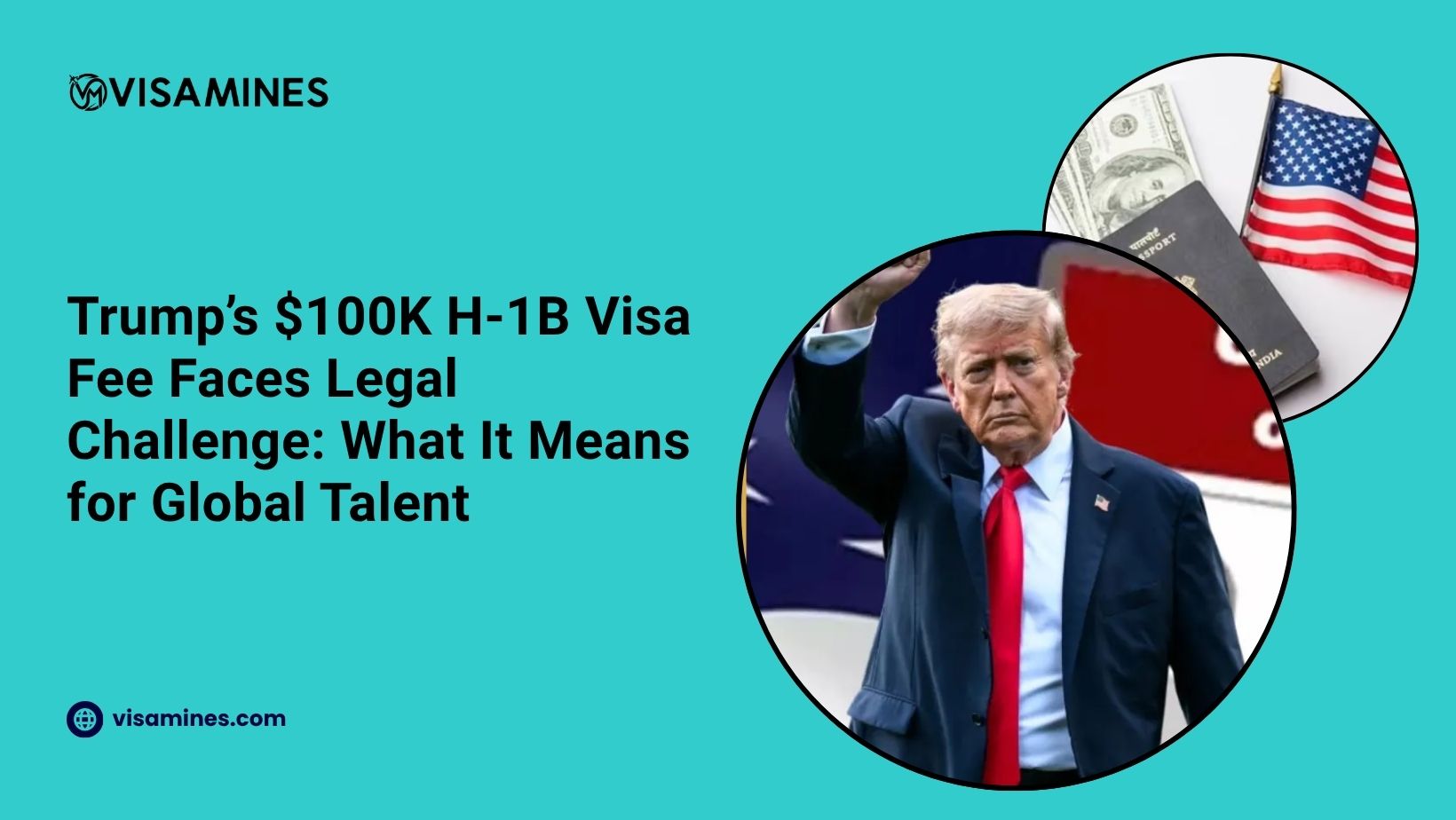In a case raising serious questions about U.S. visa transparency, an Indian student has been denied a student visa to the United States despite receiving a $100,000 scholarship to Columbia University. The official reason cited was “insufficient ties” to India — but the student believes his social media presence may have influenced the decision.
Denied Visa Despite Strong Academic Credentials
Kaushik Raj, a 27-year-old journalist from India, was set to pursue a graduate degree in journalism at Columbia University, one of the top journalism schools in the world. He had received a prestigious $100,000 scholarship to support his studies. Yet, during his F-1 visa application process, he was issued a rejection letter by the U.S. Embassy.
The letter stated that he had failed to demonstrate strong ties to India—a key requirement for all non-immigrant visa applicants. These ties typically include family, employment, property ownership, or educational commitments in the home country that prove the applicant intends to return after completing their stay in the U.S.
Social Media Review Possibly a Factor
Speaking to The Washington Post, Raj shared that he believes the visa denial may have been influenced by his social media profiles, which are now routinely reviewed as part of U.S. visa applications. Although the official rejection letter did not mention this explicitly, Raj said he had shared links to journalistic stories he worked on during his four-year career but did not post controversial opinions.
“I was born and raised in India. My entire family lives here. I have no plans to stay in the U.S. permanently,” said Raj.
“But I suspect my online presence, even though non-political, may have been misunderstood.”
What the Rejection Letter Said
The U.S. Embassy’s decision letter read:
“You were not able to demonstrate that your intended activities in the United States would be consistent with the classification of the nonimmigrant visa for which you applied.”
It further stated:
“Applicants usually meet this requirement by demonstrating that they have strong ties overseas that indicate they will return… You have not demonstrated that you have the ties that will compel you to return to your home country.”
The letter also noted that the decision cannot be appealed, but Raj may reapply with a new application and be ready to explain any change in his circumstances.
What This Means for International Students
This case highlights growing concerns around how subjective interpretations of intent and digital behavior are impacting visa outcomes — even for top-tier students and professionals.
Key factors that can influence F-1 (student visa) denials:
-
Lack of documented financial or family ties to home country
-
Previous immigration history or rejections
-
Inconsistencies in application or interviews
-
Social media activity now under review
The Bigger Picture: Global Talent & Mobility
As countries like Canada, the UK, and Australia streamline immigration pathways for students and skilled professionals, the U.S. visa system faces scrutiny for its unpredictability and opacity. Highly qualified applicants may begin to look elsewhere if such patterns continue.
For students considering studying in the U.S., this serves as a reminder to:
-
Clearly document ties to home country
-
Stay mindful of digital presence
-
Be prepared to explain future plans during interviews
Stay Informed with VisaMines
VisaMines brings you the latest insights, stories, and updates shaping global migration — from study and work visas to settlement trends and policy shifts. Stay ahead in the world of mobility.




